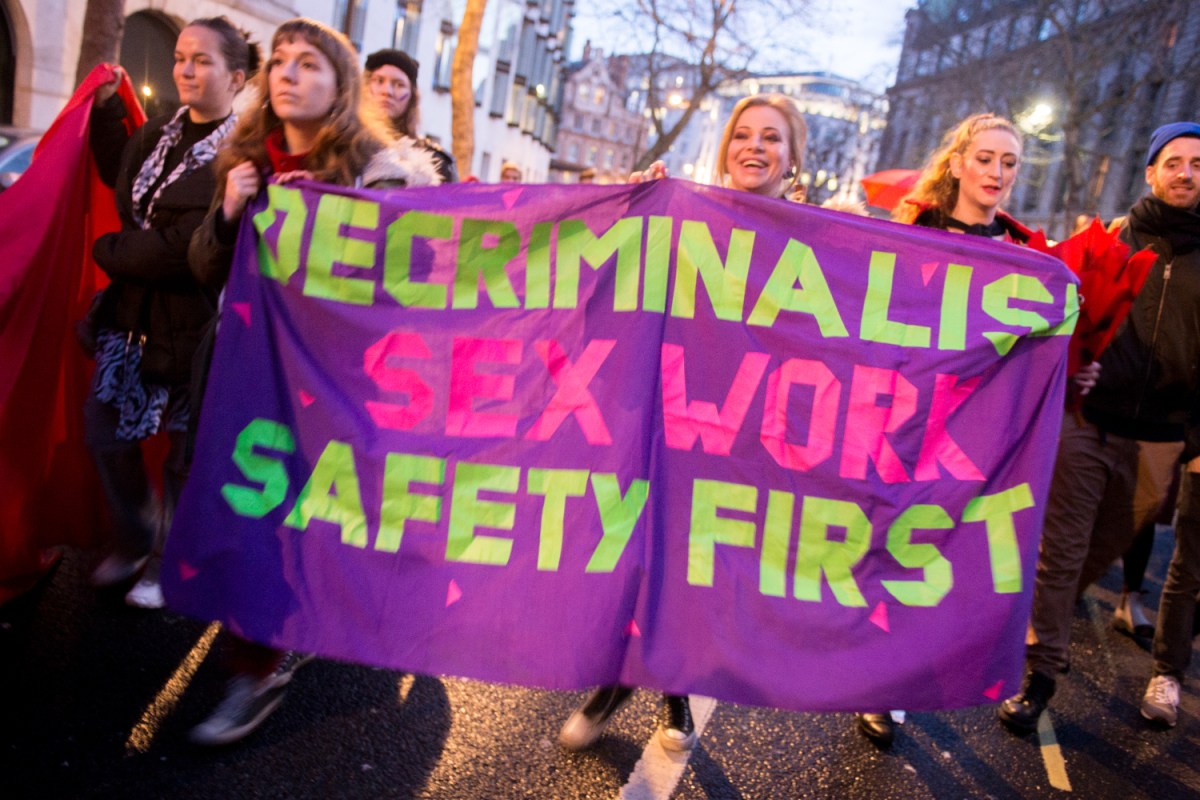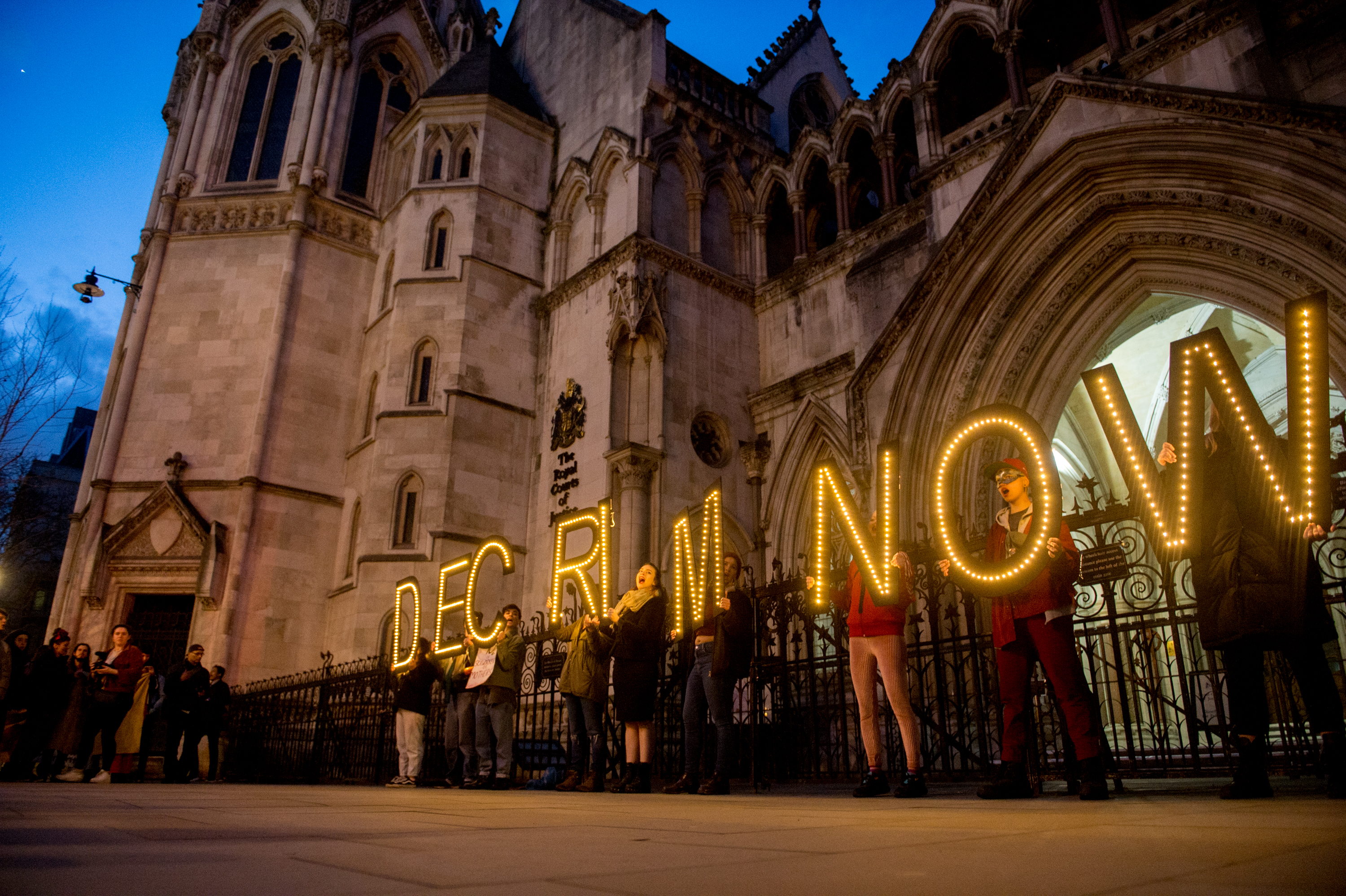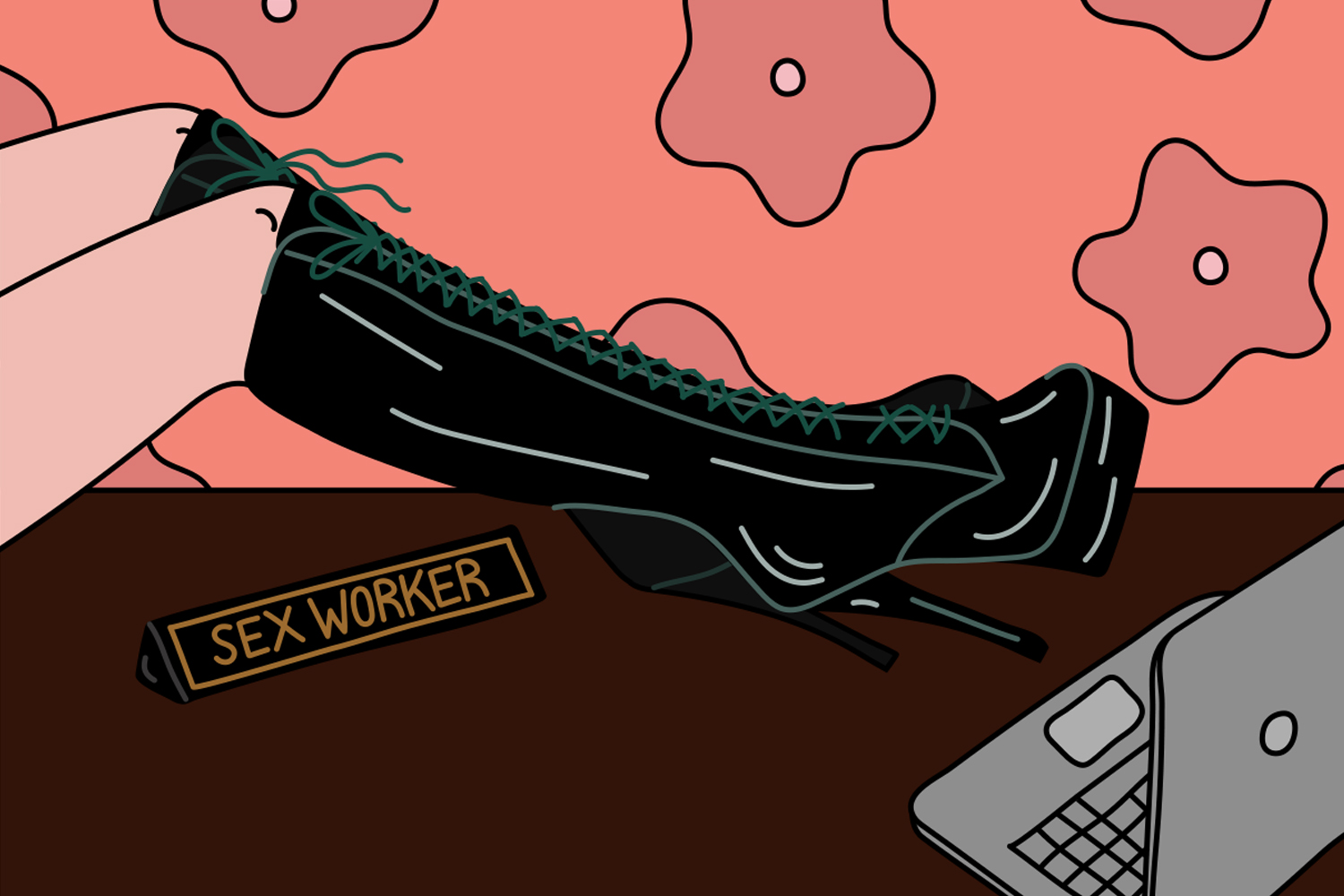On Wednesday, the Manhattan district attorney’s office announced it would no longer prosecute prostitution in a move the New York Times characterized as a significant development in “the growing movement to change the criminal justice system’s approach to sex work.” But while the new policy from the office of Cyrus R. Vance Jr. is certainly a step in the right direction toward the decriminalization for which proponents of that movement advocate, it’s hardly the groundbreaking form of sex work legalization it may seem. For one thing, sex work is still illegal.
Reason editor Elizabeth Nolan Brown called the DA’s announcement “misleading,” explaining that, in addition to following the controversial Nordic model — a form of partial decriminalization widely criticized by sex workers and activists — the new policy doesn’t involve any actual legislative change. “For decriminalization to happen in New York, the legislature will have to get involved,” wrote Brown. “That means prostitution — whichever end of the exchange one is on — is still illegal in Manhattan, and a future district attorney could decide to start prosecuting sex workers again. Particular prosecutors pledging leniency is great, but it doesn’t negate the need for legislative change.”
Moreover, the DA’s new policy only extends leniency to sex work providers, leaving their clients still vulnerable to prosecution. This Nordic model approach represents a form of asymmetrical criminalization in which the purchase of sex remains illegal for buyers. As many, many sex workers and decriminalization advocates have argued, partial decriminalization is still partial criminalization, any form of which will continue to push sex workers underground and put their lives and livelihoods in danger. It’s a system that has been widely criticized by sex workers, civil liberties advocates and global health experts for failing to protect sex workers and creating many of the same dangers as full criminalization, as well as promoting an ultimately anti-sex work agenda. While partial decriminalization that legalizes the practice for providers may seem pro-sex work, the goal of the Nordic model is still to decrease and ultimately eliminate sex work by targeting buyers.
The DA’s announcement follows a similarly flawed approach to decriminalization introduced in the New York state senate earlier this year. The bill, announced by Senator Liz Krueger back in January, also proposed a Nordic model approach, referred to in that case as the “equality model,” which would decriminalize the practice for providers only. The move was slammed by sex workers and advocates, who criticized the bill for promoting a Nordic model approach, as well as for leaning heavily on anti-sex trafficking rhetoric that has become a common weapon among sex-work abolitionists seeking to abolish the industry by conflating consensual sex work with sex trafficking.
“Obviously, this is NOT decriminalization of anything,” wrote activist Carol Fenton of Krueger’s bill, calling it “a rebranding of the Nordic model to sell harm and death.”
While Vance’s new policy is a less egregious misstep than Krueger’s bill, which ultimately came across as a blatant attempt to disguise anti-sex work activism as pro-sex work activism, it still falls significantly short of the real legislative action and full decriminalization sex workers and decrim advocates are demanding. While Brown notes that the DA’s announcement is “a positive step” overall, it’s far from the end goal.
“It’s a step in the right direction, sure. But it’s not decriminalization, which is what sex workers want. Selling sex will still be illegal, just not prosecuted under some circumstances,” Brown tweeted. “Sex workers want full decriminalization of prostitution b/w consenting adults — a system in which neither sex workers nor their customers are arrested or prosecuted.”
While partial decriminalization is better than full criminalization, it is, ultimately, still criminalization. And as long as any part of a consensual exchange of sex for money between providers and clients remains illegal, sex workers’ lives and livelihoods remain at risk.
Thanks for reading InsideHook. Sign up for our daily newsletter and be in the know.


















